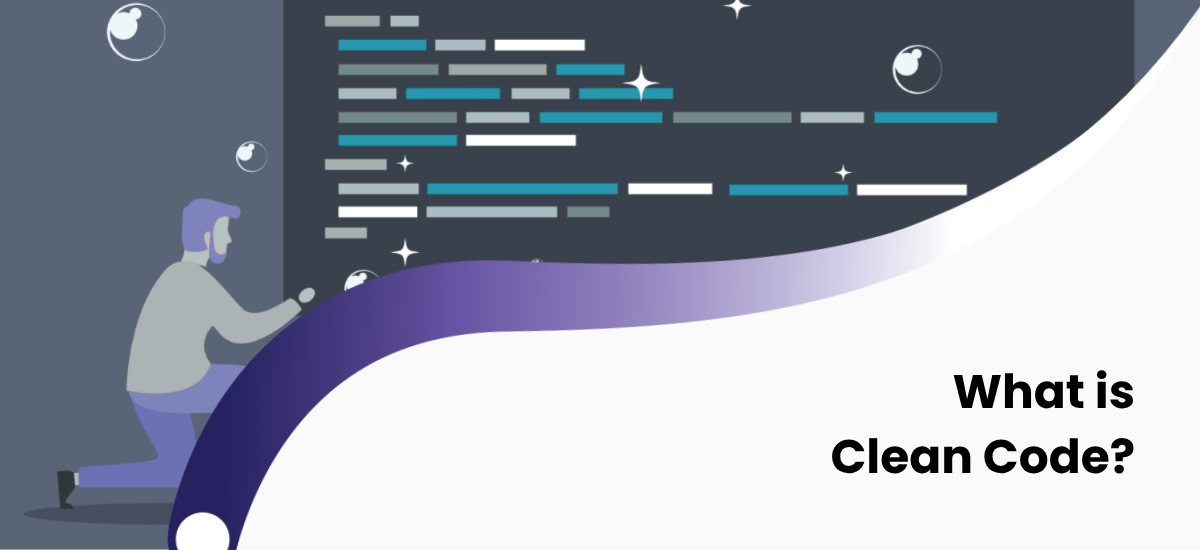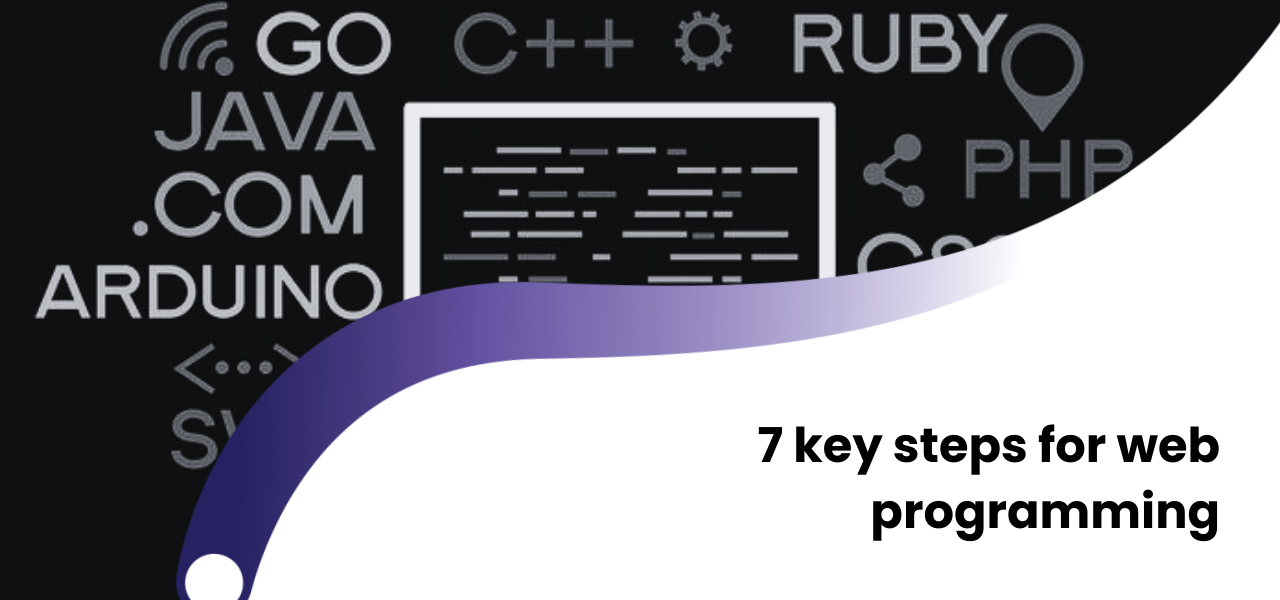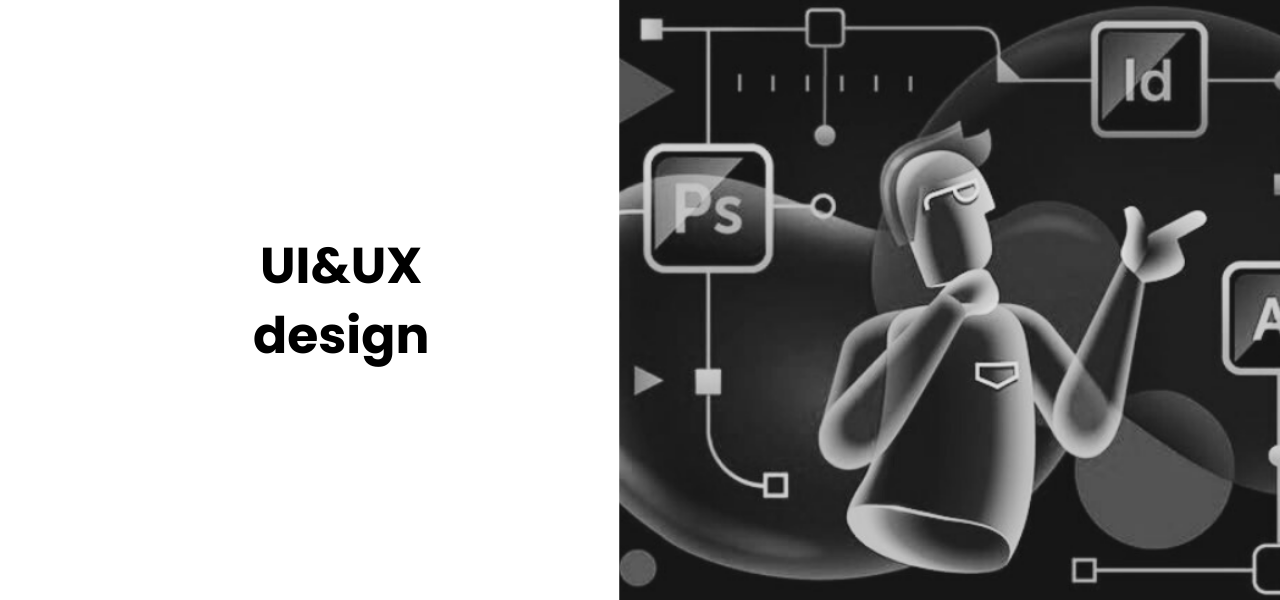There is a famous saying often repeated in the programming world: "Any fool can write code that a computer can understand. Good programmers write code that humans can understand." (Martin Fowler). But what does this mean? Often, developers write "rushed" code just to meet project requirements. The code works, passes tests, and the project is delivered. But what happens 6 months later? When a new feature needs to be added, not only can the new developer not understand what's going on, but even the original author can't.
This is called "Technical Debt". It is one of the biggest expenses in software development. This is precisely why the "Clean Code" philosophy, popularized by Robert C. Martin ("Uncle Bob"), isn't just a recommendation—it's a necessity for modern programming.
What is "Dirty Code" and Why Is It Your Enemy?
"Dirty Code" (or "Spaghetti Code") is code that works but is impossible to understand and maintain (maintainability). Its main characteristics are:
- Incomprehensible: Variable and function names mean nothing (e.g., a, b, int x, function processData()).
- Complex: One function does 10 different things at once and is hundreds of lines long.
- Full of Repetition: The same block of code has been copied and pasted in 5 different places in the project.
- Fragile: When you fix one part, two other parts break, because everything is too tightly coupled.
The result? It takes months for a new developer to adapt to the team, making a small change takes weeks, and the number of "bugs" increases relentlessly. This directly means lost money and time for the business.
What is Clean Code? Characteristics of Maintainable Code
Clean Code, as the name suggests, is tidy. Regardless of the language it's written in, it "reads" like a well-written story. A developer new to the team should be able to look at such code and understand what is happening where with minimal effort.
The main goal of Clean Code is maintainability and readability.
Core Clean Code Principles (In Practice)
There are hundreds of principles you can follow to make your code "clean," but the most important ones are these:
1. Meaningful and Descriptive Naming
This is the golden rule of Clean Code. The names of variables, functions, and classes must clearly state what they do.
Bad Code: int d; // days elapsed (If you have to write a comment, the name is bad)
Clean Code: int elapsedDays; or int daysSinceLastModification;
2. DRY (Don't Repeat Yourself)
This is a fundamental principle of programming. If you are repeating the same logic or code snippet in multiple places, it will cause huge problems in the future. That code must be extracted into a central function. That way, when a change is needed, you only need to fix it in one place.
3. Functions Should Do Only One Thing (Single Responsibility)
The shorter and more focused a function is, the better. If your function "validates the user, writes to the database, sends an email, AND creates a report," then it must be broken down into at least 4 different functions. The function's name should describe the single thing it does (e.g., SendWelcomeEmail()).
4. Self-Explanatory Code, Not Comments
Experienced developers try to avoid comments as much as possible. This is because comments often become outdated; the code changes, but the comment is forgotten, which creates even more confusion. Your code (using the naming and function rules above) should be so clear and readable that it doesn't need comments.
Use comments only to explain complex business logic or why you chose a "strange" solution, not to explain what the code is doing.
Conclusion: Why Clean Code is a Direct Business Success
Writing Clean Code might take a little more time upfront, but it is an investment that pays for itself quickly. According to statistics, 80% of the total cost of software is spent on its maintenance—that is, on subsequent changes and bug fixes.
Writing Clean Code:
- Reduces Costs: Finding and fixing bugs becomes much easier.
- Increases Speed: Adding new features to the project takes less time.
- Strengthens the Team: The onboarding process for new developers is accelerated.
- Improves Quality: It creates more stable, reliable, and secure software.
As Crocusoft, we consider adhering to Clean Code principles in all the custom software and ERP/CRM solutions we develop to be the foundation of our professional activity. Because we know that "working" code is not enough; it is our primary duty to deliver maintainable and quality code that can also meet our clients' future needs.
Frequently Asked Questions (FAQ) About Clean Code
1. Doesn't writing Clean Code slow down the project?
It might require a little extra time in the short term (during the initial writing phase). However, in the long term (over the project's entire lifecycle), it dramatically speeds up bug fixing and feature addition, saving far more time.
2. What is "Technical Debt"?
Technical Debt is the future workload and cost created by choosing an easy but "dirty" code solution today to save time. This debt grows with "interest" and must eventually be paid (by refactoring or rewriting the code).
3. What is the most important Clean Code principle?
Many experienced developers cite "Readability" and "Meaningful Naming" as the most important principles. Because code must be written for humans first. If the code is impossible to understand, it's impossible to maintain, fix, or extend.
 +994512060920
+994512060920





